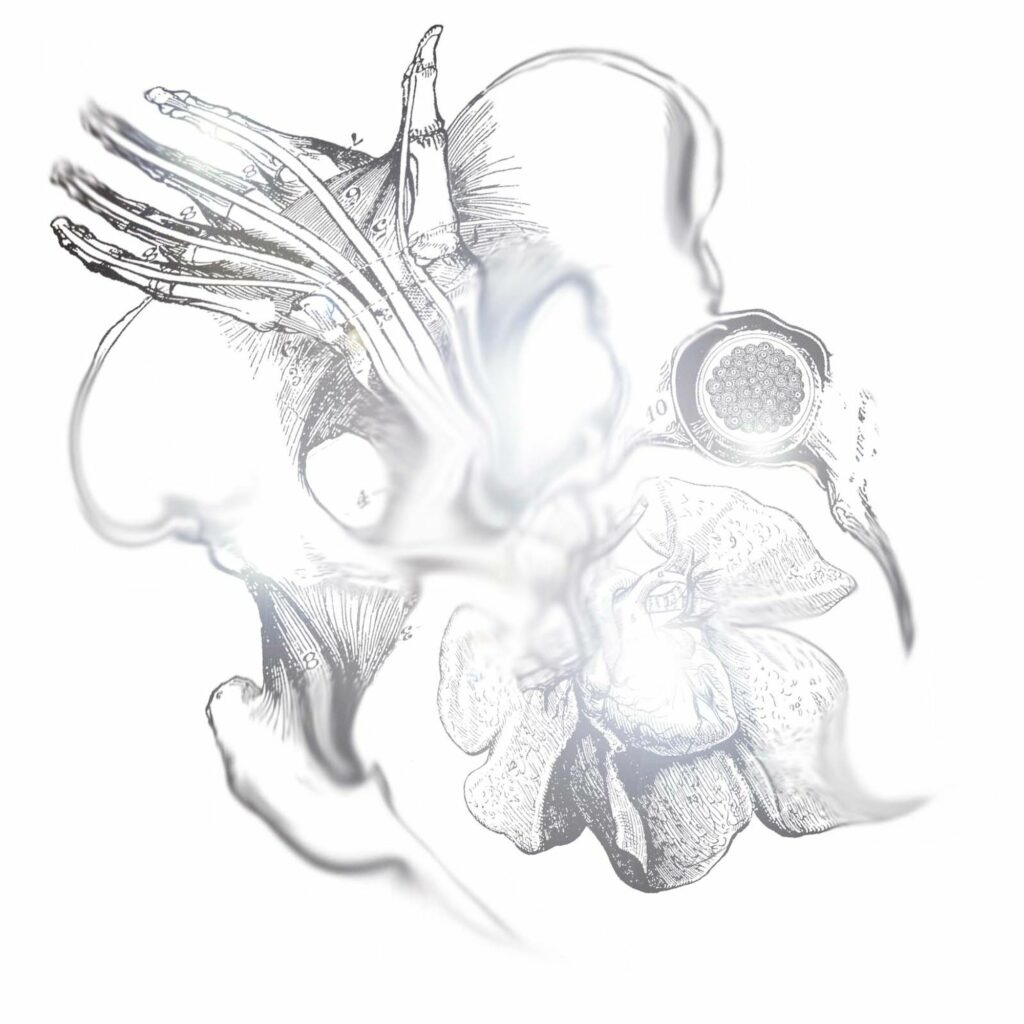
PLASTICITY articulates questions around institutional vs. non-institutional knowledge production. More precisely, it asks what is the role of informal knowledge and education in 2045. What are spaces of informal knowledge production and exchange? Which must be supported by institutionalised spaces and what methodologies emerge from the entanglement of informal and formal knowledge production?
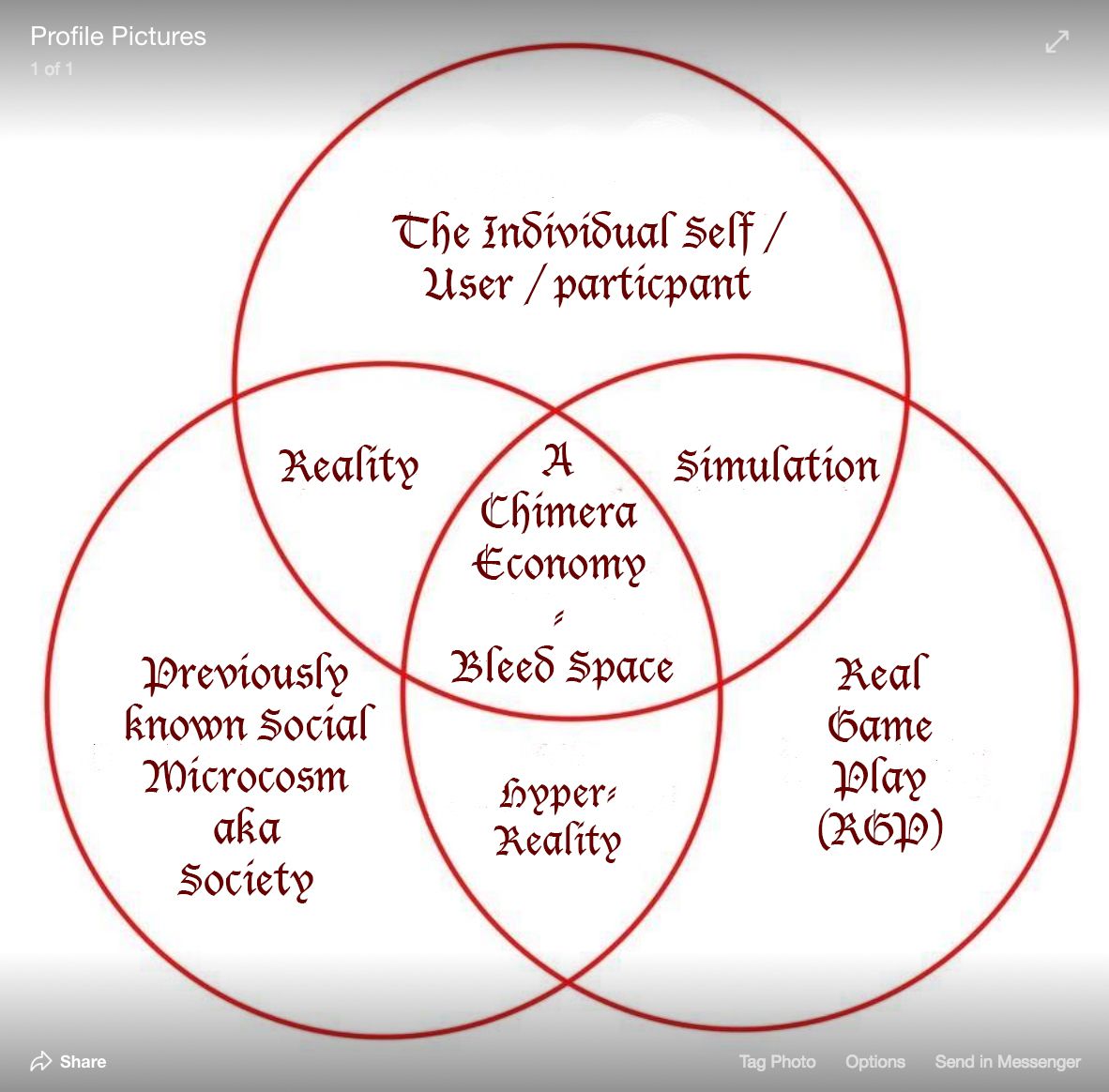
Omsk Social Club’s (they/them) work is created between two lived worlds, one of life as we know it and the other of role play. These worlds bleed into one. That is where Omsk positions their speculative fictions, through these immersive installations they move into a territory they coined in 2017 called Real Game Play (RGP). Their work aims to induce states that could potentially be a fiction or a yet, unlived reality.
Omsk works closely with networks of viewers, everything is unique and unrehearsed. The living installations they create examine virtual egos, popular experiences and political phenomena. Allowing the works to become a dematerialized hybrid of modern-day culture alongside the participant’s unique personal experiences. In the past Omsk Social Club’s Real Game Play immersive environments have introduced landscapes and topics such as otherkin, rave culture, survivalism, catfishing, desire&sacrifice, positive trolling, algorithmic strategies, and decentralized cryptocurrency.
They have exhibited across Europe in various institutions, galleries, theatres and off-sites such as Martin Gropius Bau, House of Electronic Kunst Basel, HKW, Berlin, Seventeen, London Volksbühne, Berlin, Stroom den Haag, Den Haag the Netherlands and Light Art Space Berlin. They have been included in CTM Festival (2021), 34th Ljubljana Biennial (2021) 6th Athens Biennale (2018), Transmediale Festival (2019), The Influencers (2018) and Impakt Festival (2018). In 2021 they co-curated the 7th Athens Biennale with Larry Ossei-Mensah.
Contemporary And (C&) is an art magazine and a dynamic space for issues and information on contemporary art from Africa and its global diaspora. Contemporary And América Latina (C&AL) is C&’s sister platform focusing on the connection between Latin America, the Caribbean, and Africa.
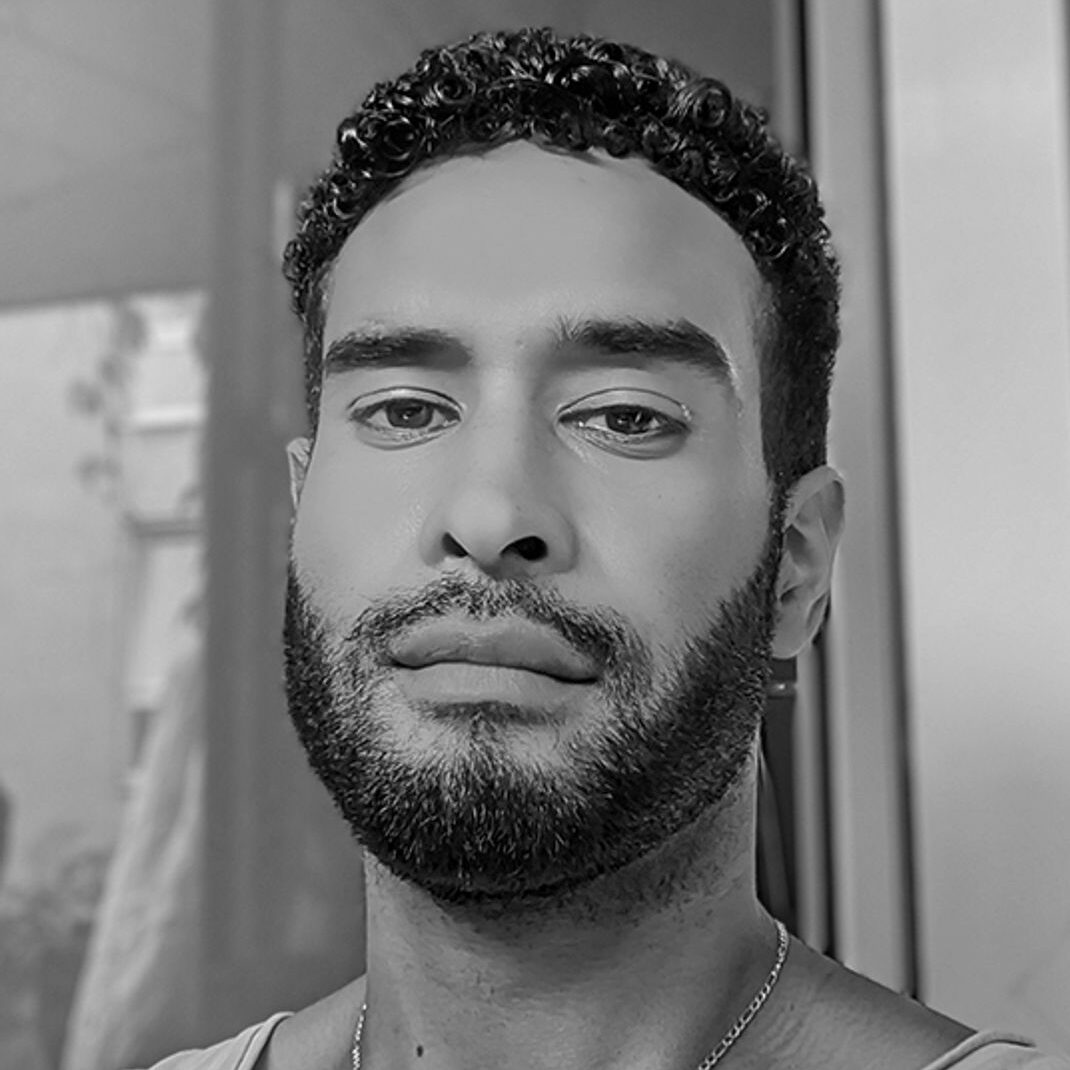
Will Fredo Furtado (they/elle) is a non-binary artist, writer, and editor of Guatemalan and Cape Verdean heritage. In their practice, they explore power dynamics, cultural dislocation, and the intersection of pop culture, blackness, decolonial thought, kuirness, and technology. Born in Portugal, Fredo is based in Berlin, Germany, where since 2017 are the deputy editor of Contemporary And, an art platform focused on international perspectives. In their artistic practice, Will Fredo works with images, body, and text to explore post-decoloniality and Global South epistemologies.
Learn more about traveling in time, futures thinking and Live Action Role-Play
Formed in April 2040, PLASTICITY discusses changes in art education in 2045, with a focus on plasticity, adaptability, and a move towards non-linear storytelling and informal learning.
PLASTICITY emphasises the importance of space and being present with others in the learning process, and the need for individuals to make changes themselves, highlighting the importance of a more open and flexible approach to learning and the arts in a rapidly changing world.
The work of PLASTICITY has contributed to many changes in the last year. For example, verification through diplomas has been abandoned in higher education, and education is seen as a basic human right all over the world. Art education has become global and accessible through digital platforms, with a focus on teaching people how to hack digital tools instead of just using them. Cultural intelligence training and integrative thinking are also important content in art schools.
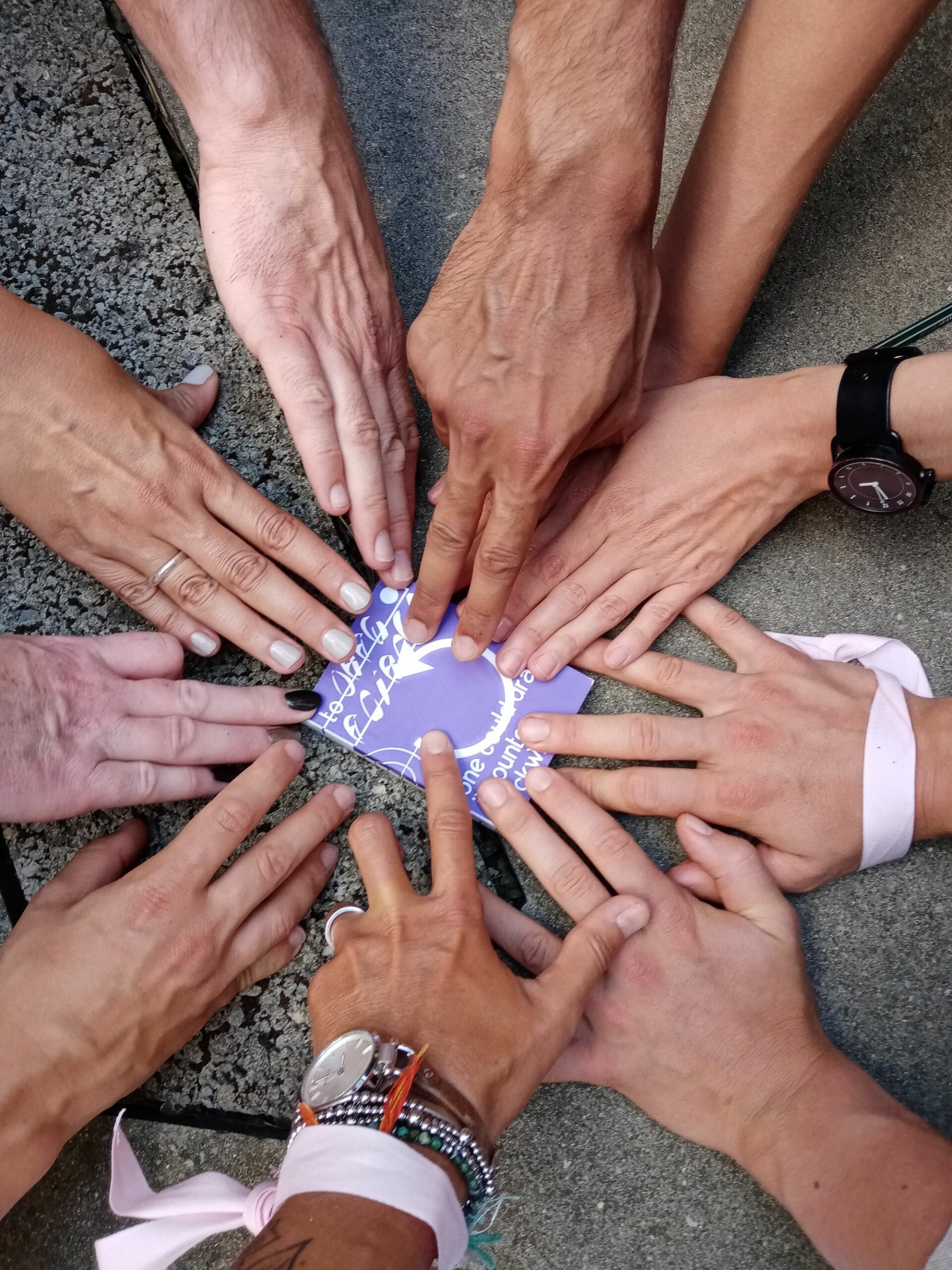
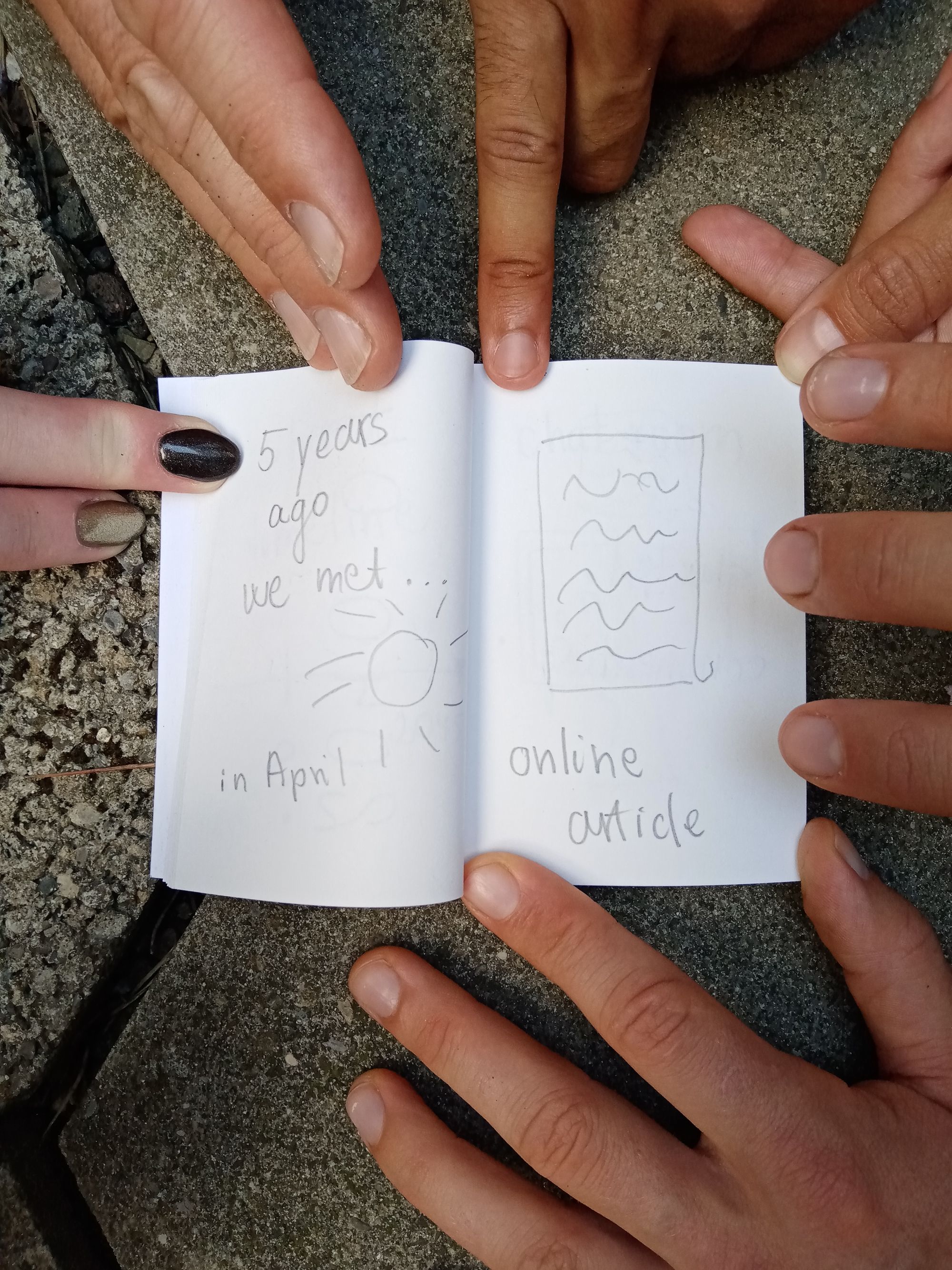
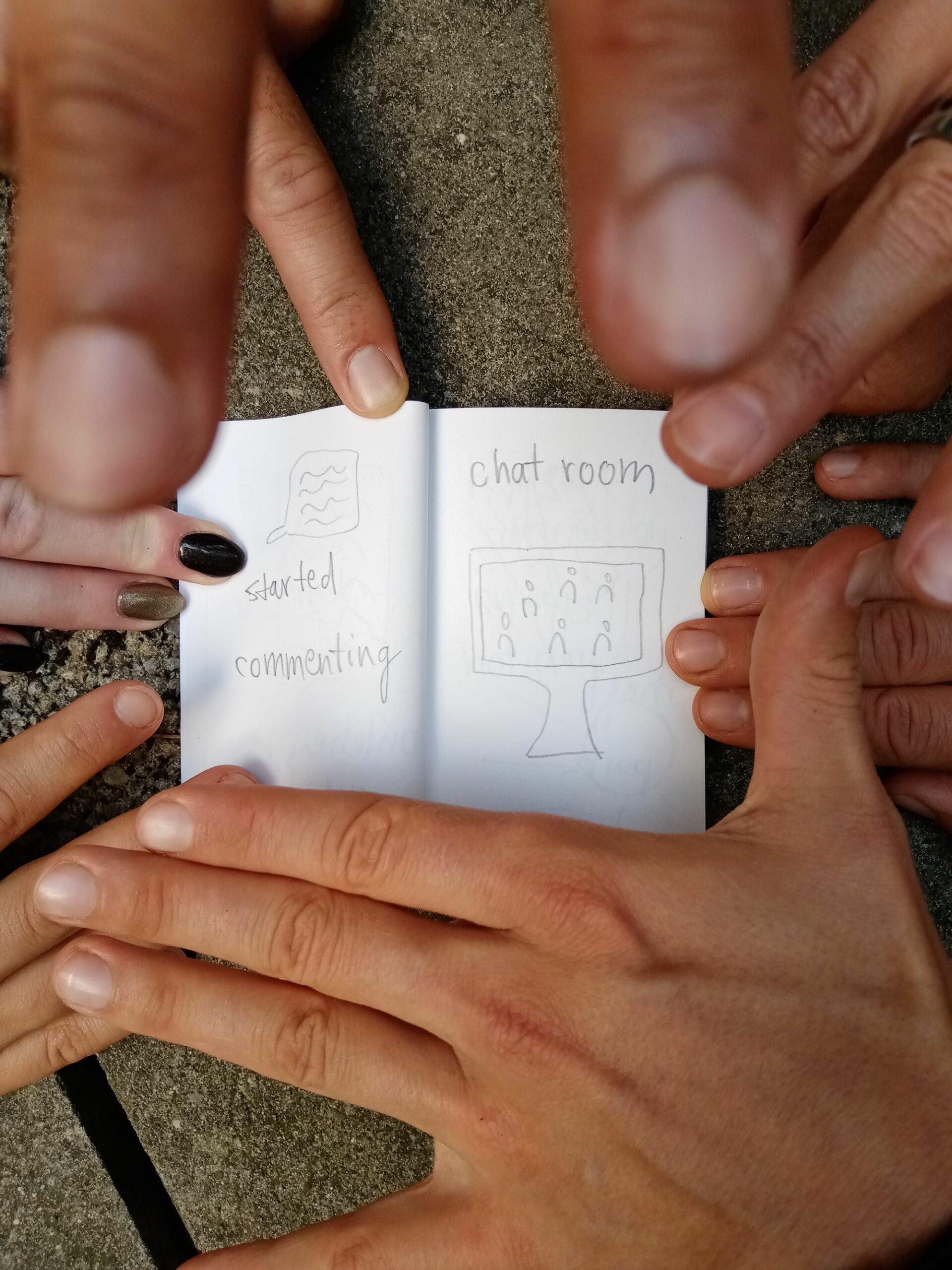
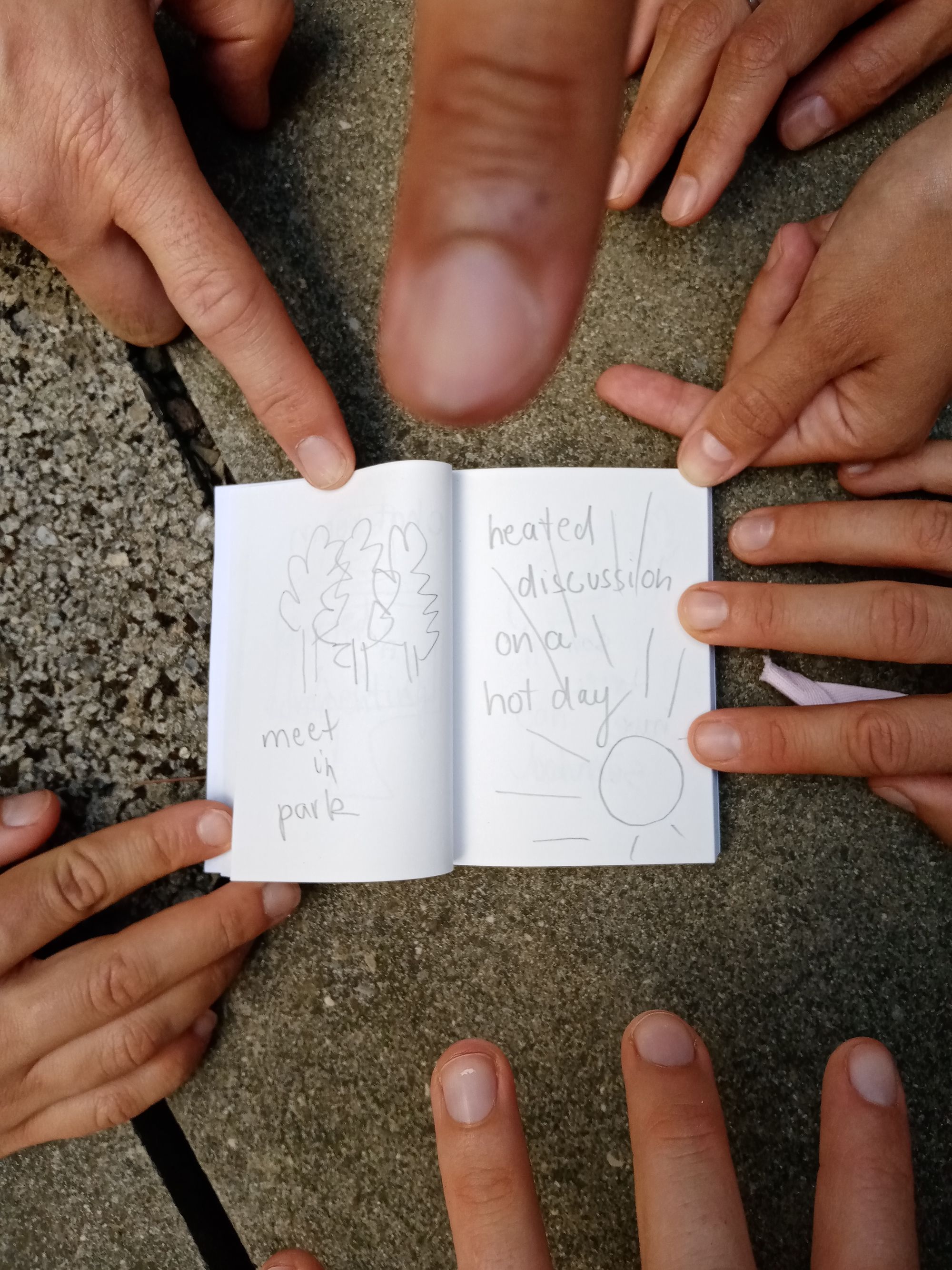
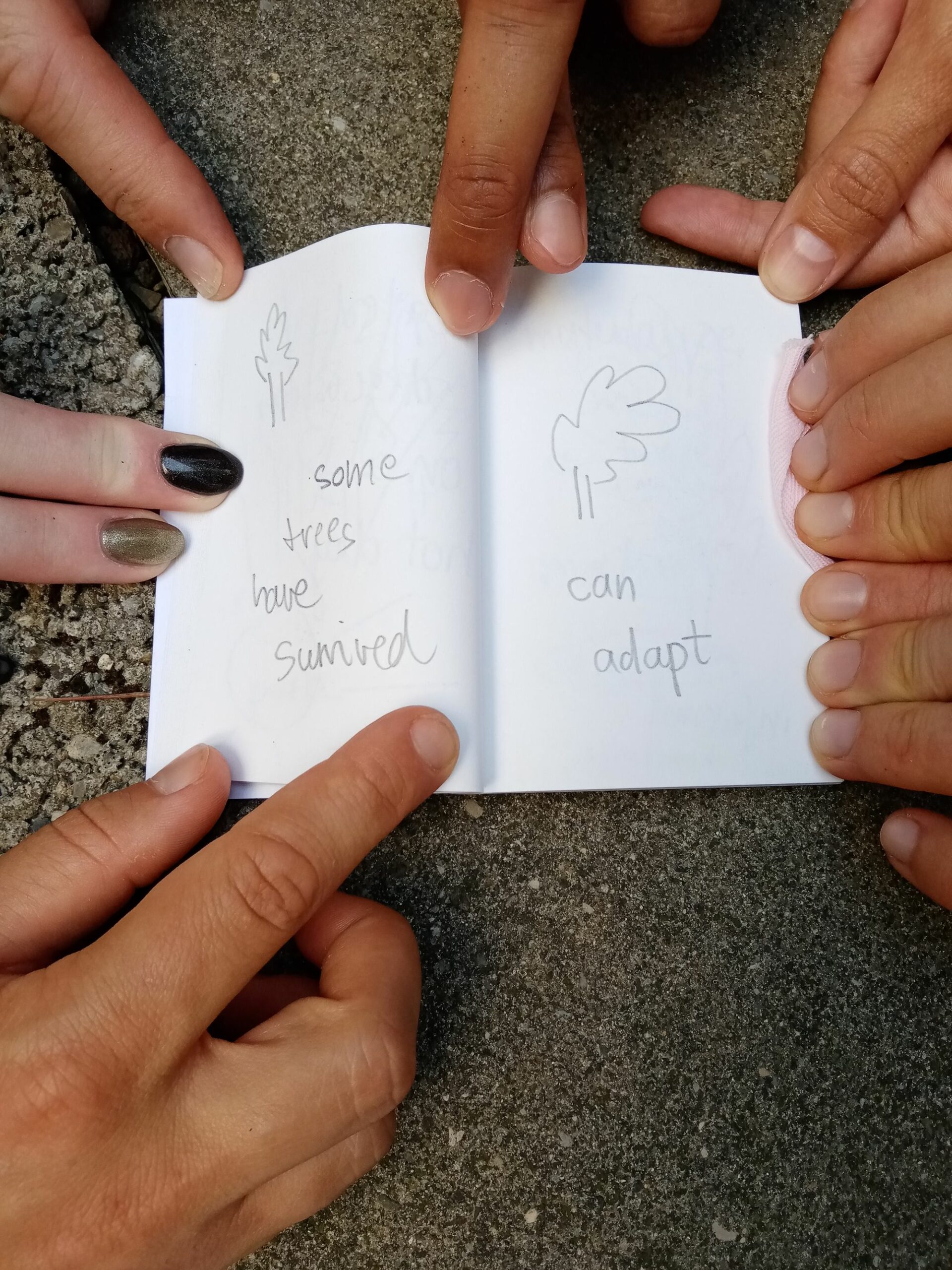
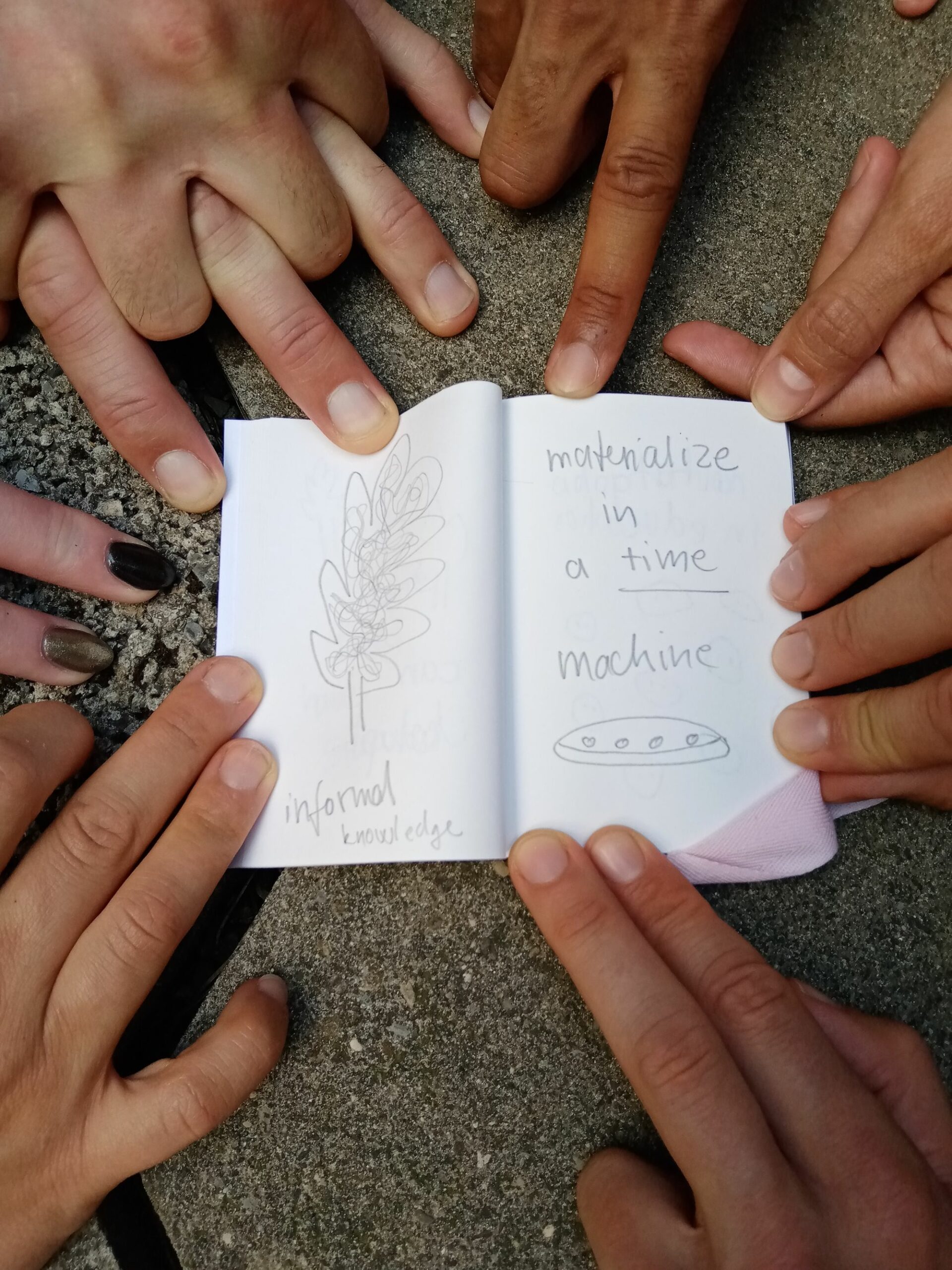
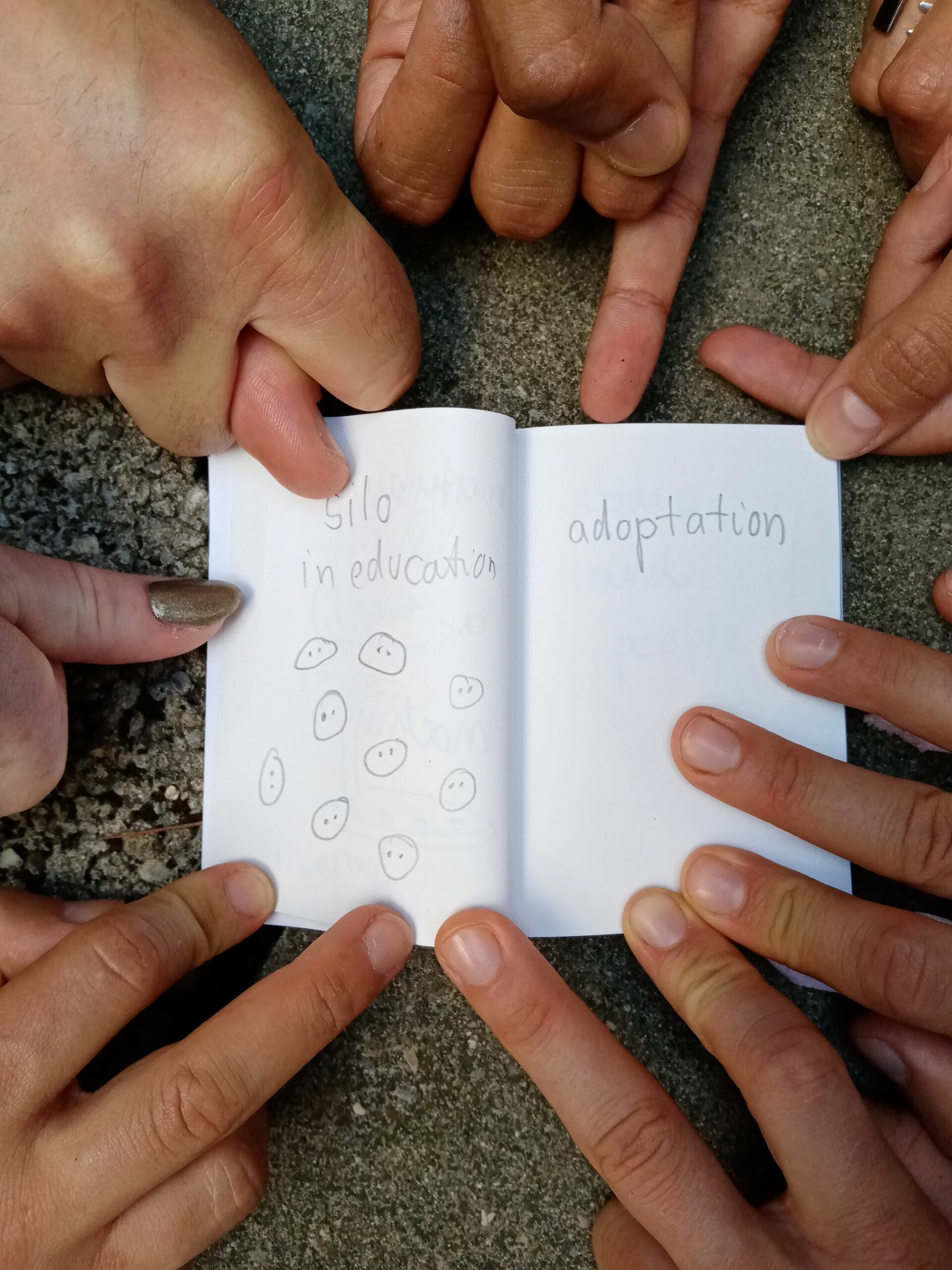
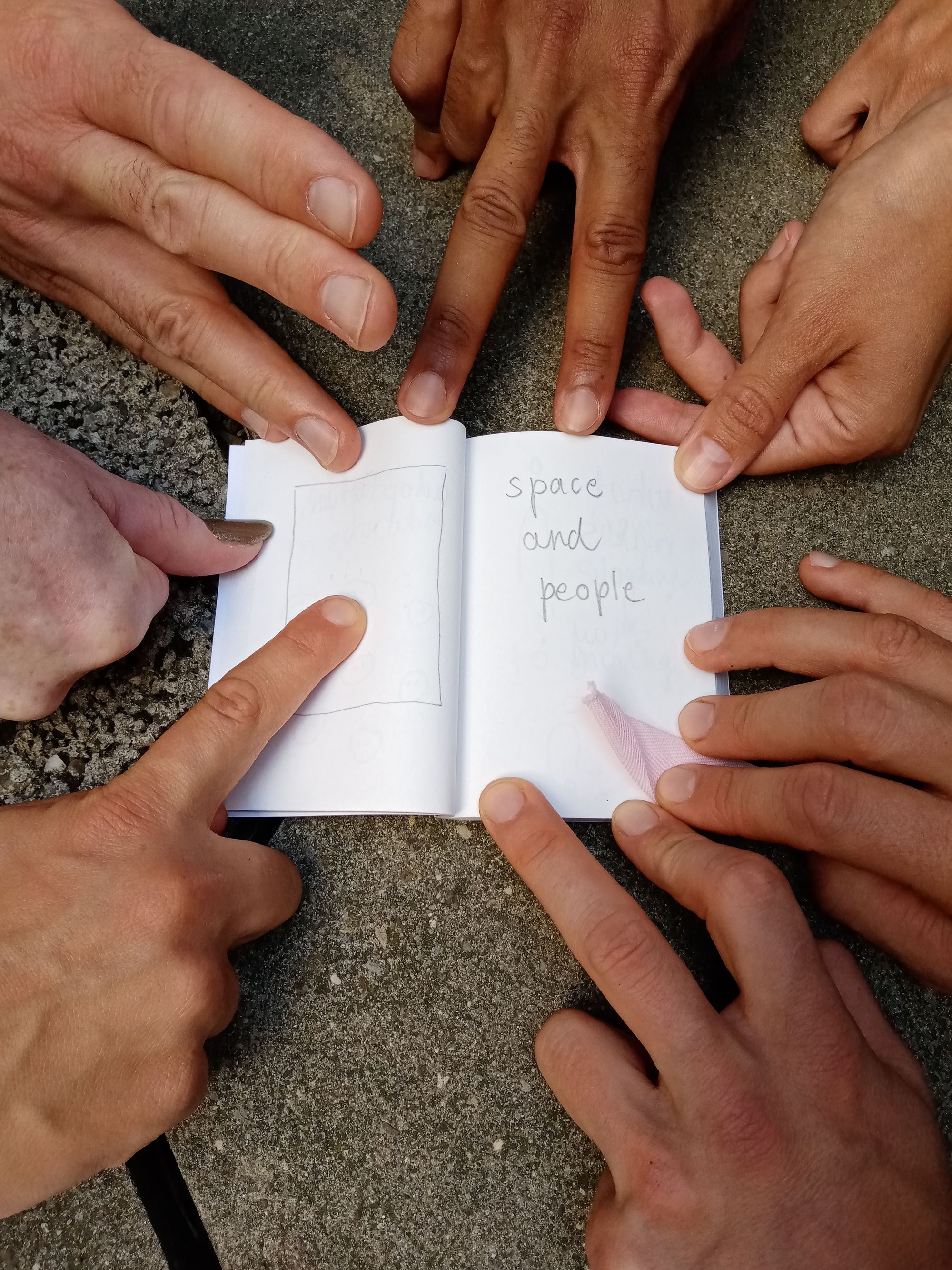
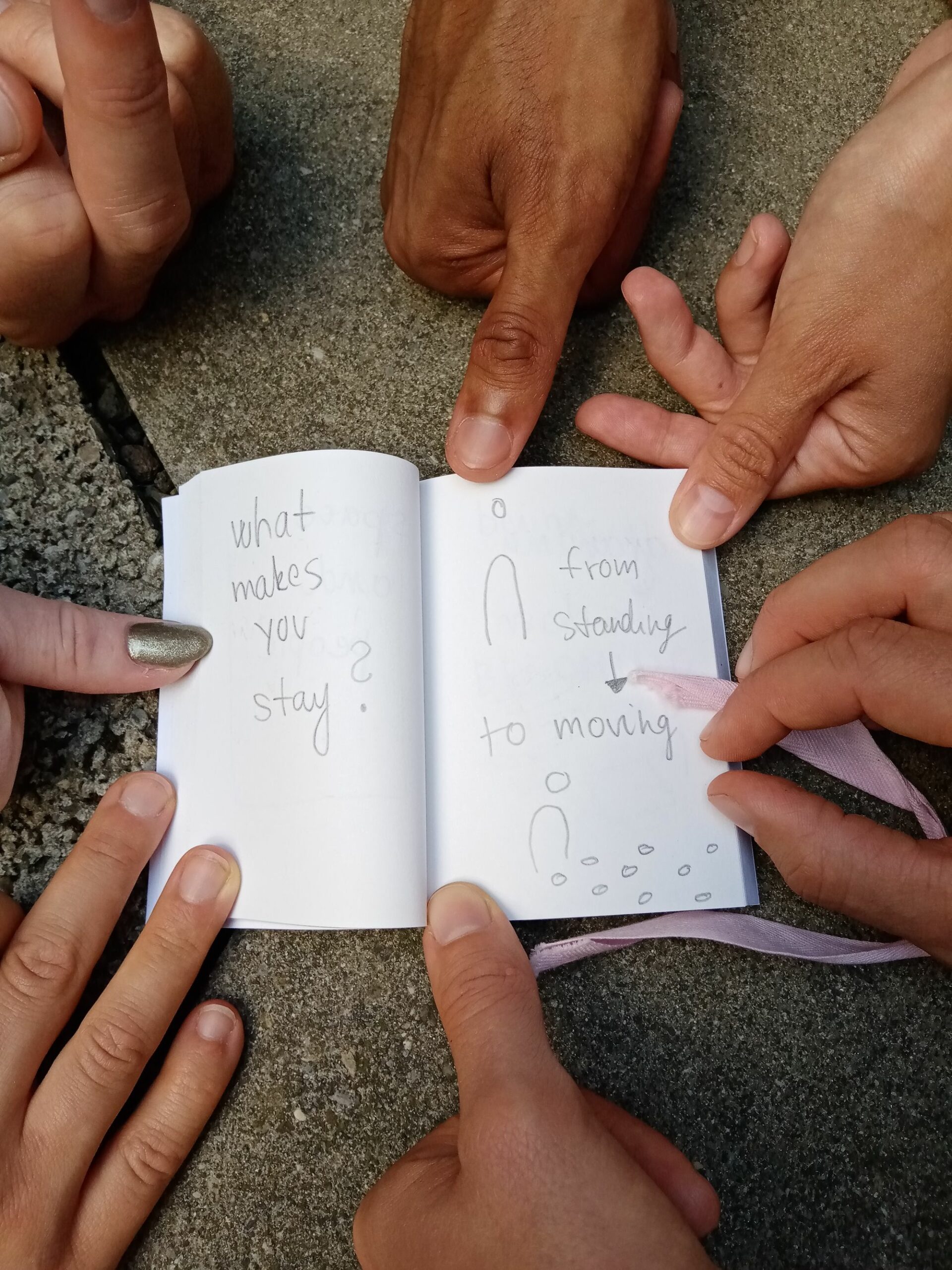
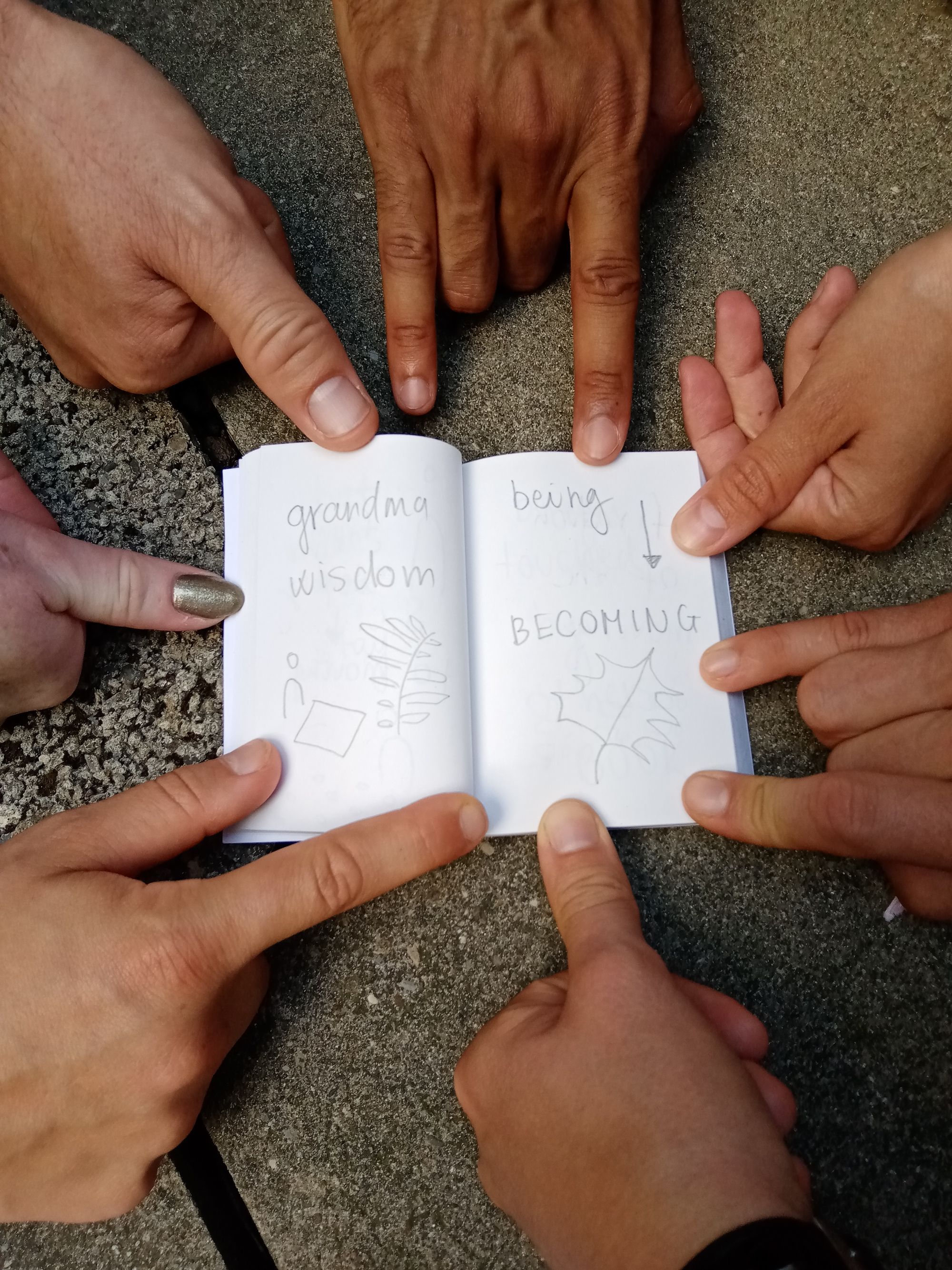
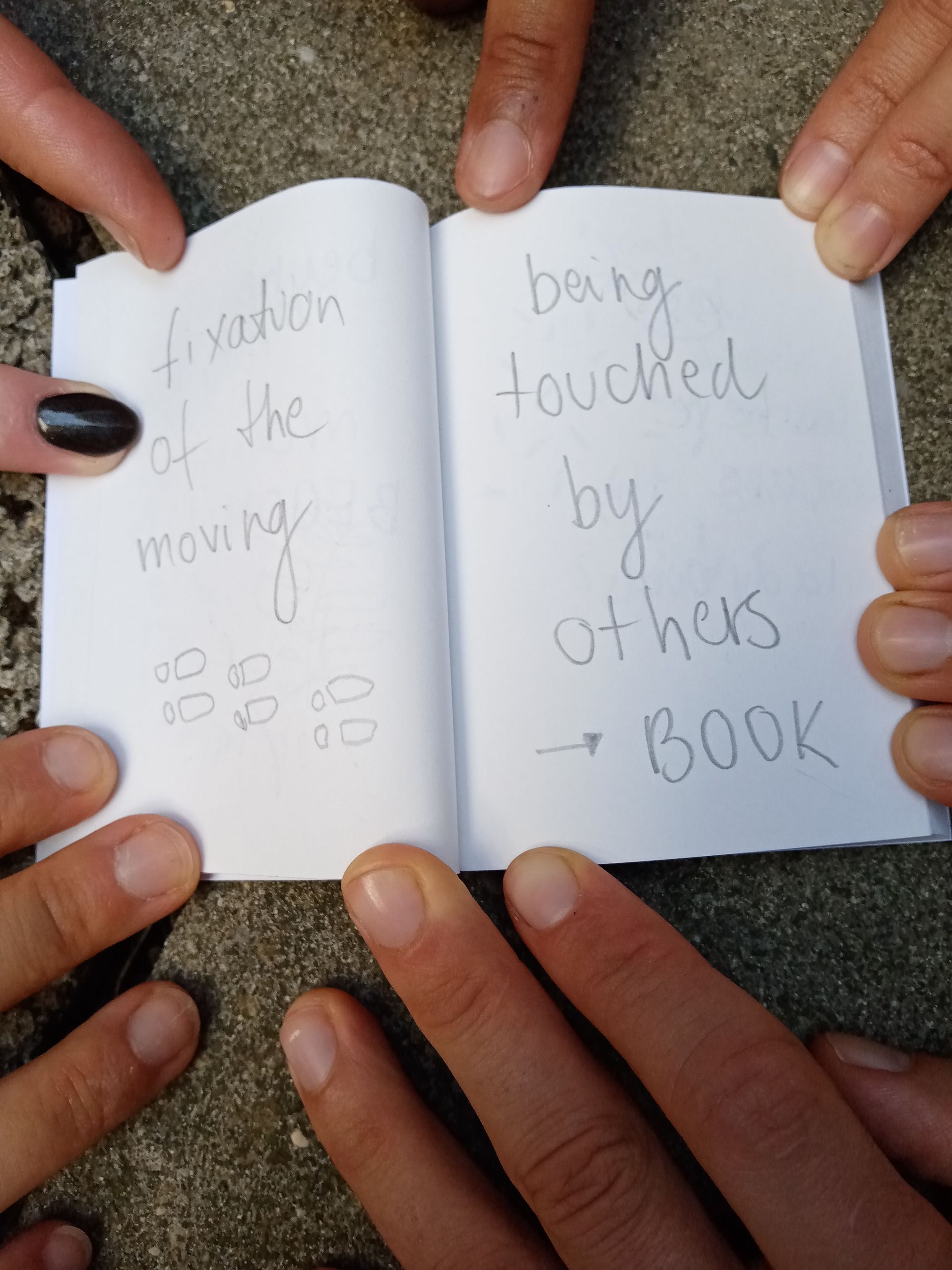
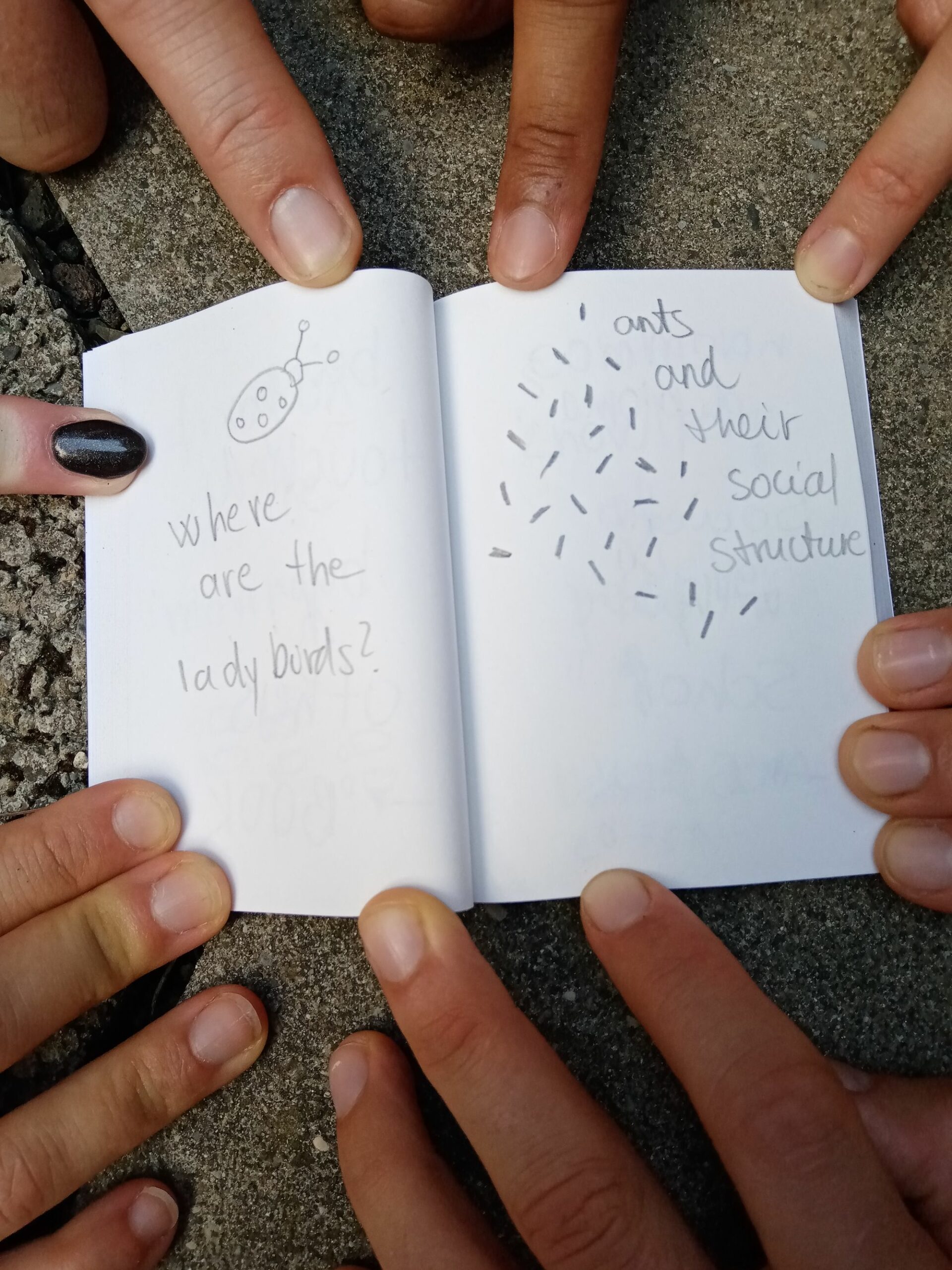
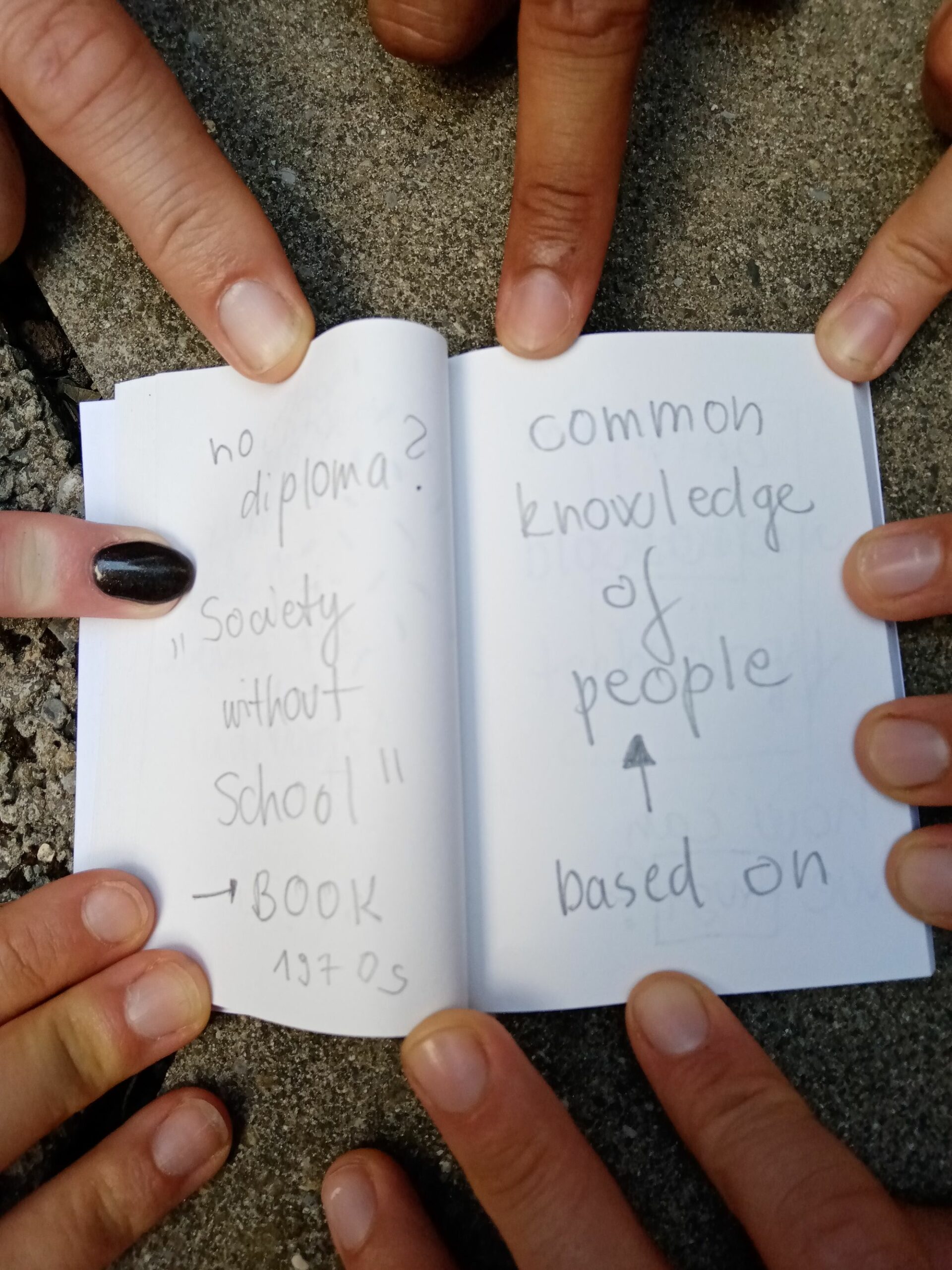
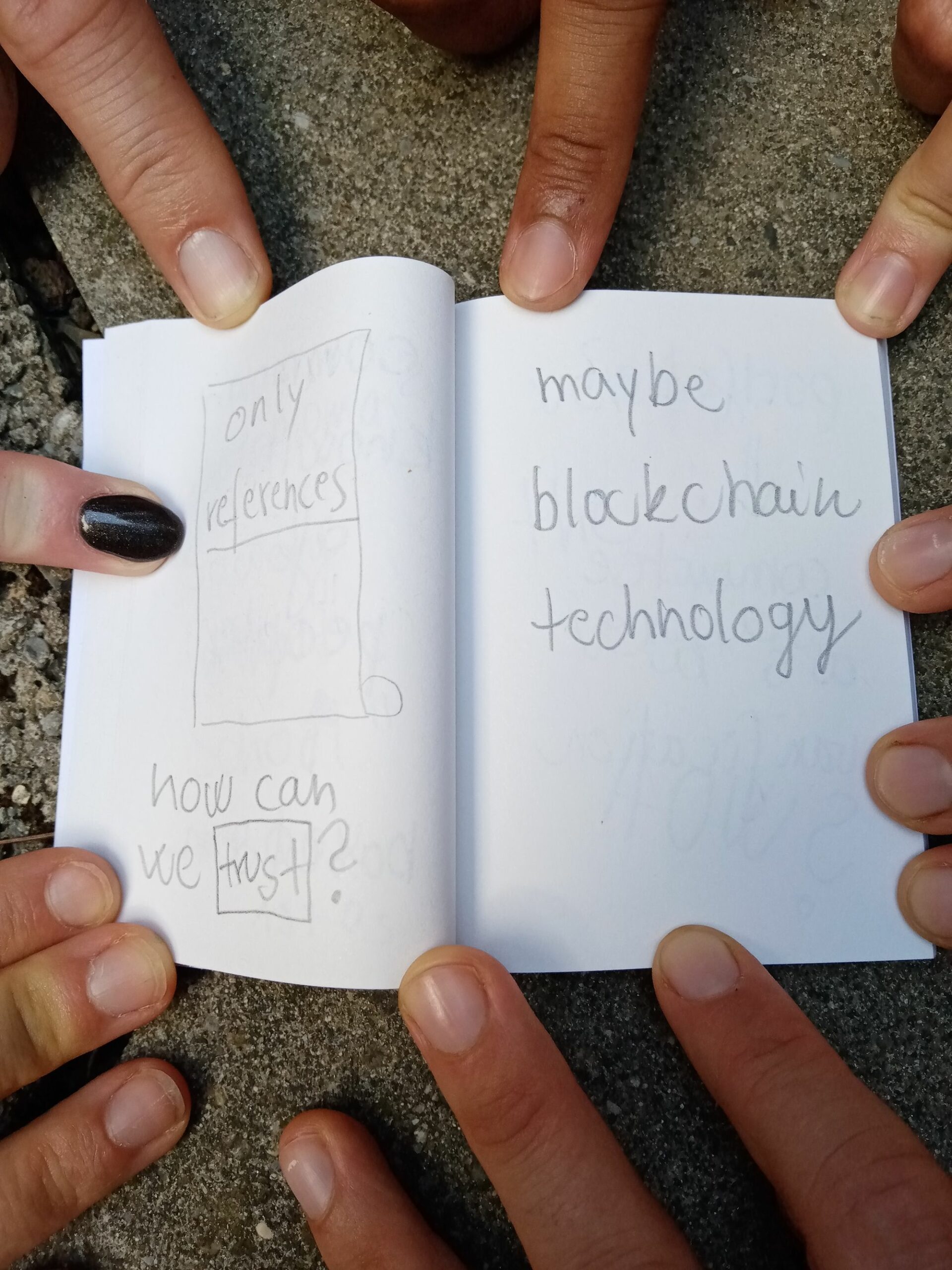
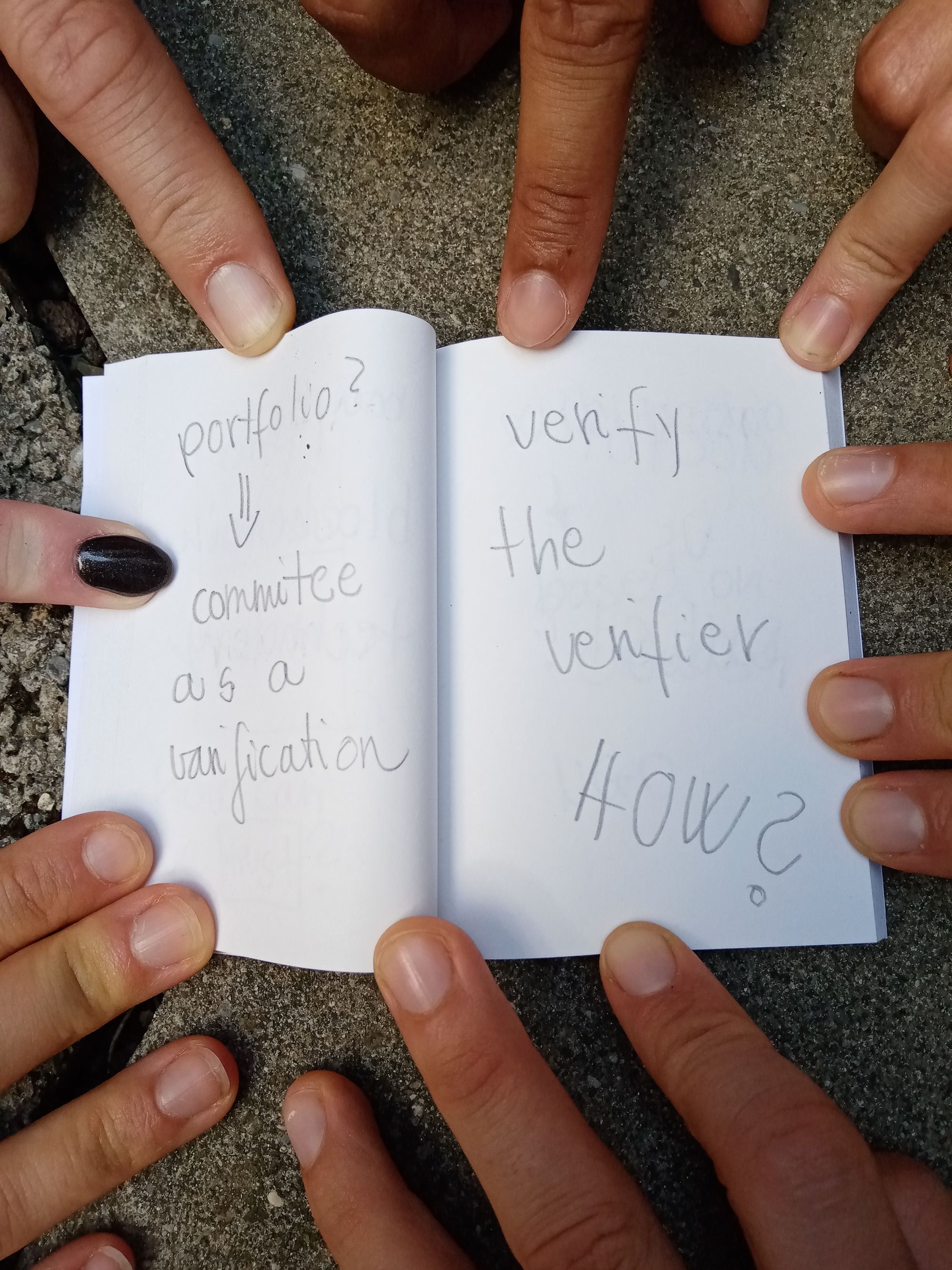
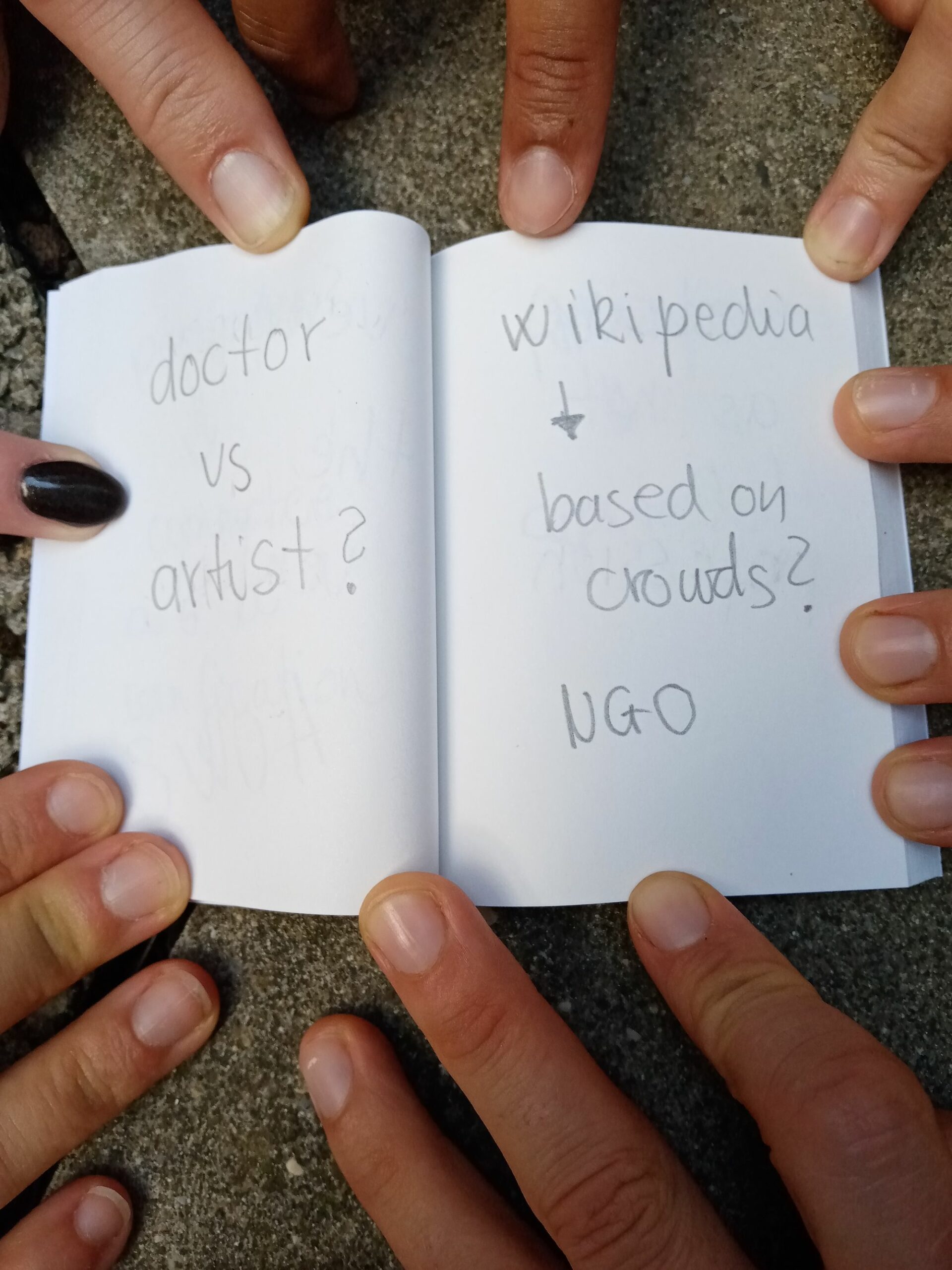
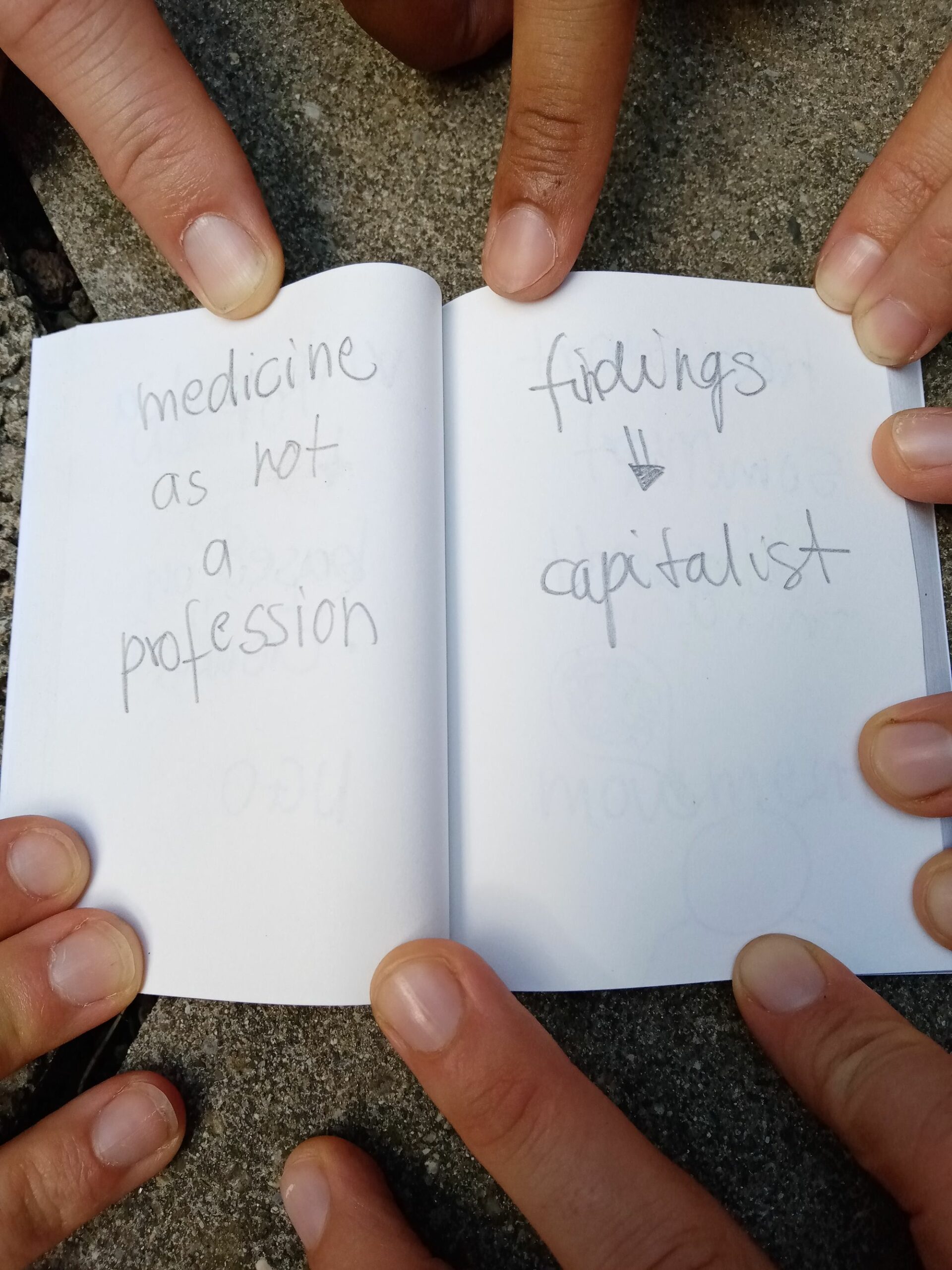
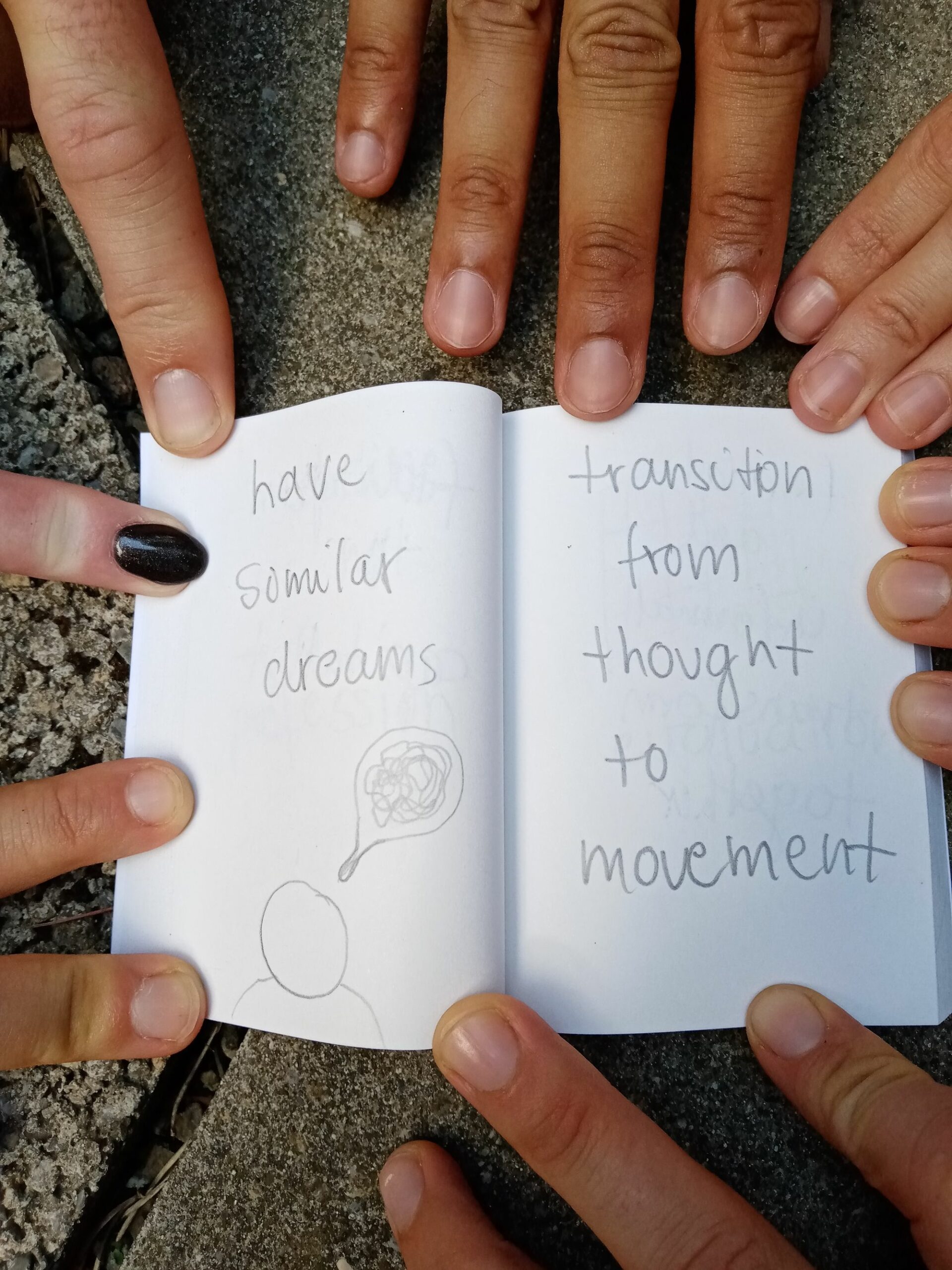
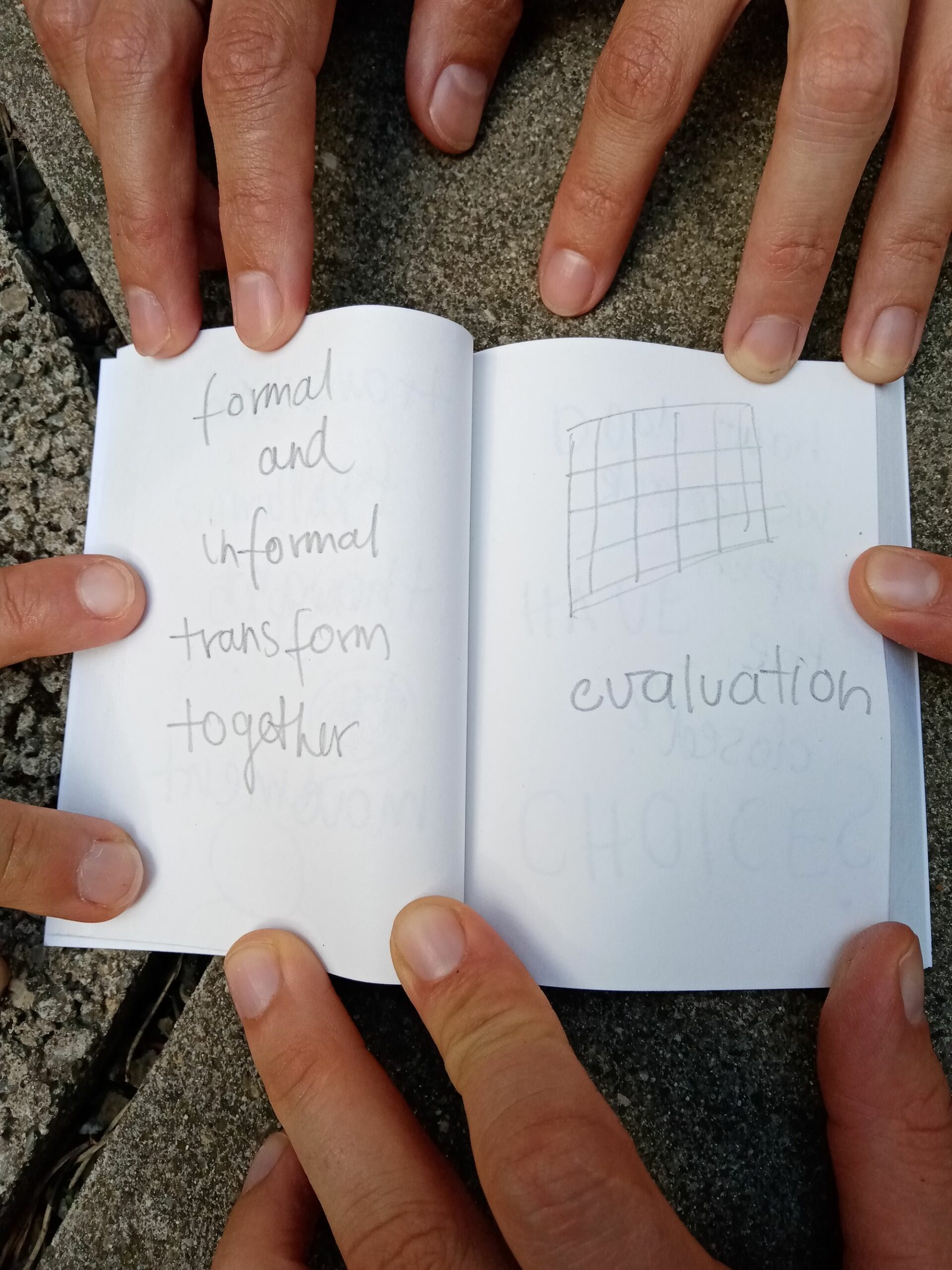
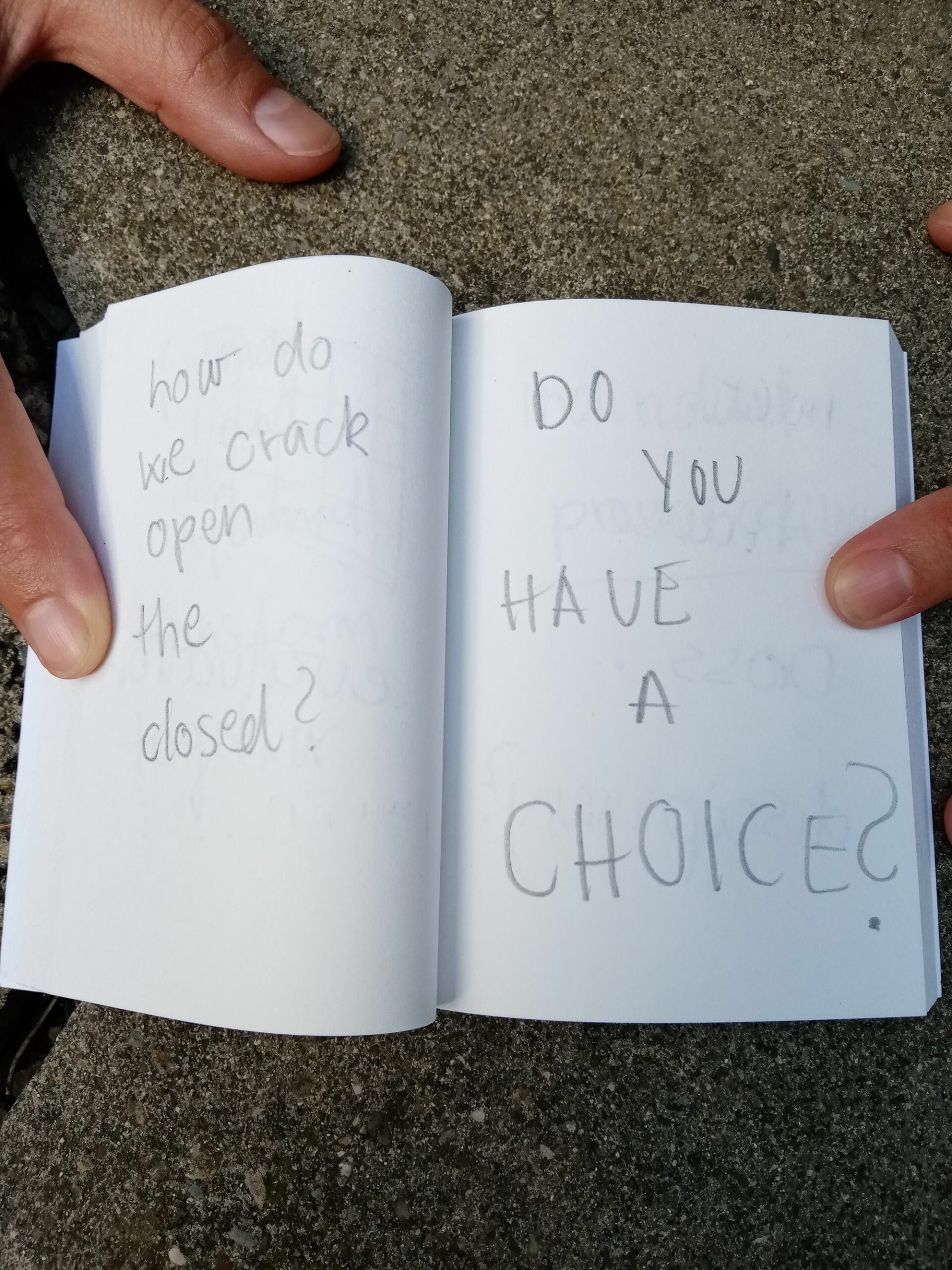
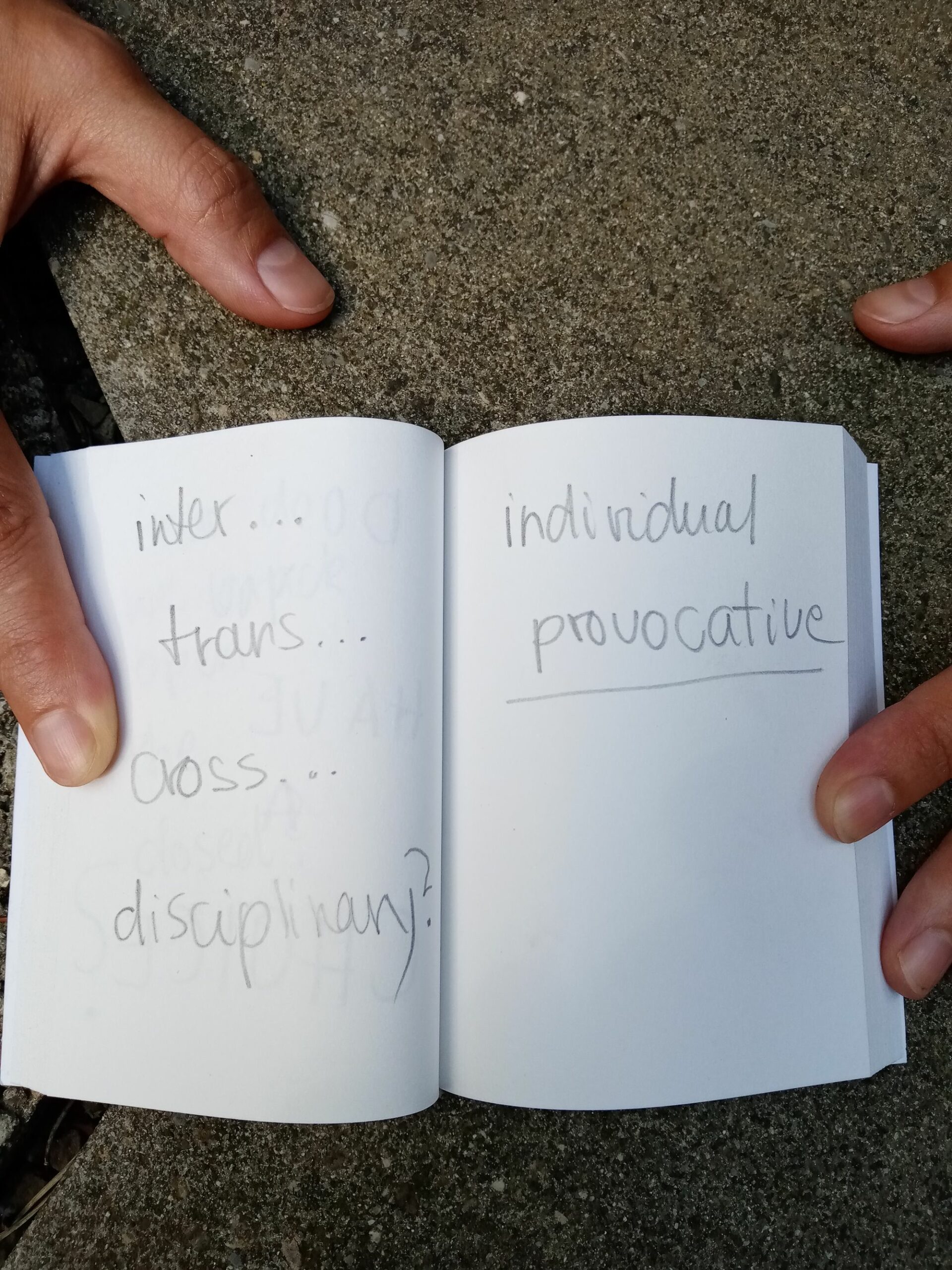
(information, communication, knowledge, wisdom)
Dive deeper into discussions around "Institutional vs. Non-Institutional Education"
What are your favourite reads on digital cultures of education?
Share them with us in the comment function below.
Discussion
No feedback has been added yet
Share a Thought